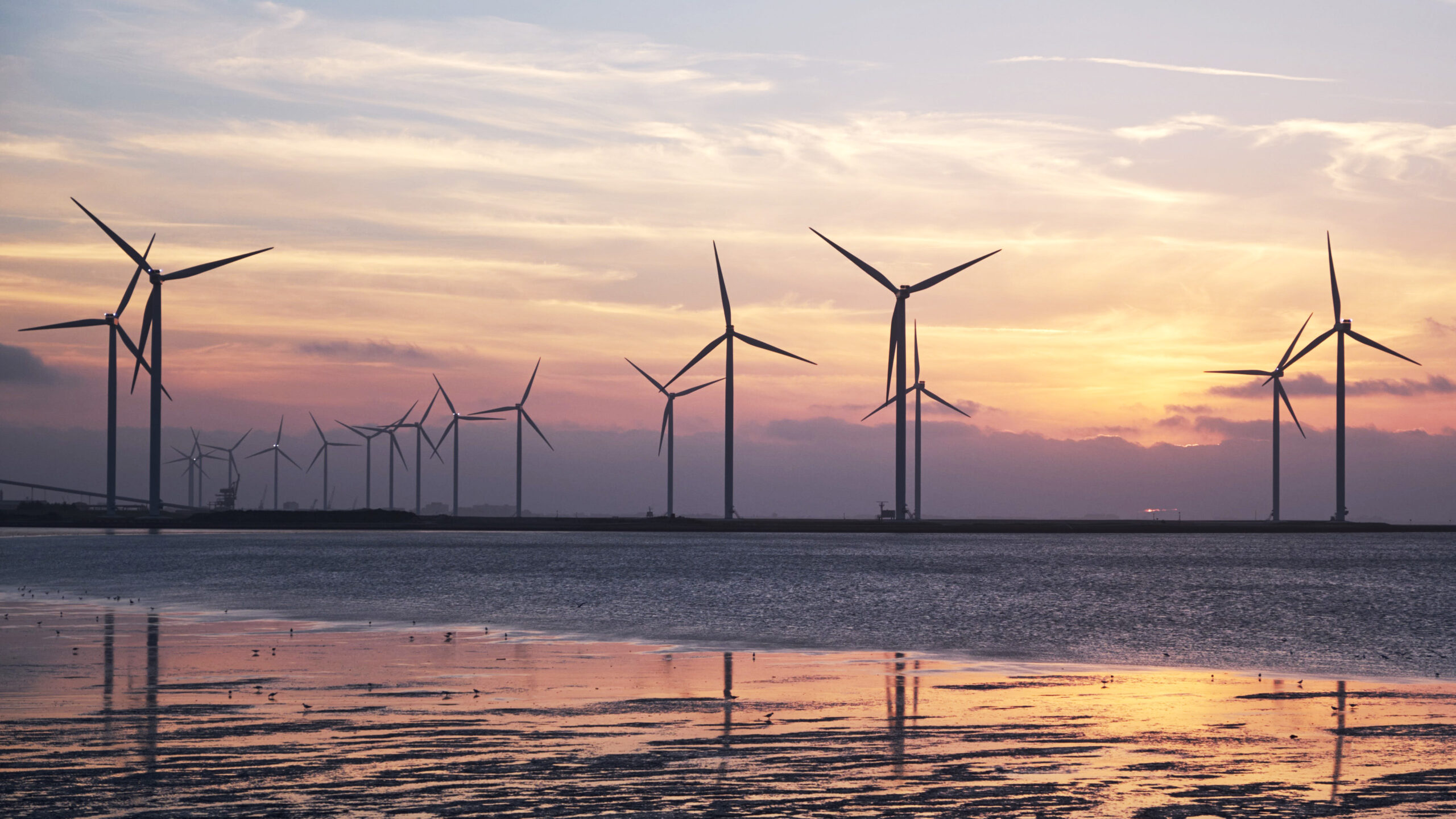
In Charts: Global sustainable funds suffer record outflows in 2023

Global sustainable funds fell into negative territory for the first time in the final quarter of 2023
Sustainable funds globally saw a record total net withdrawal of $2.5bn for the fourth quarter of 2023, making it the first time that net quarterly flows have fallen into negative territory, data from financial services company Morningstar shows.
The US led the trend as investors pulled a record $5bn from the country’s sustainable funds in Q4 and a total of $13bn for 2023 as a whole.
Japanese funds also experienced significant withdrawals, losing $1.2bn in Q4, representing an almost 40 per cent increase compared with the $900mn of outflows recorded in the third quarter.
Asian countries excluding Japan (China, Hong Kong, India, Indonesia, Malaysia, Singapore, Taiwan, Thailand and South Korea) posted fund inflows of $77mn in Q4 2023, “mitigating” the $1.1bn of outflows in the previous quarter, Morningstar says.
While inflows remained positive in Europe, rates decreased last year, reaching $3.3bn in Q4 compared with $11.8bn in Q3.
US sustainable funds underperform
In addition to driving global sustainable outflows, US sustainable funds continued to underperform compared with conventional funds, though by less than in 2022, Morningstar’s “US sustainable funds register” shows.
While sustainable funds lost money in Q4 2023, overall, US funds — encompassing conventional and sustainable funds — collected more than $40bn during the same period.
Morningstar analysts attribute the US sustainable fund outflows to “macroeconomic factors” including high interest rates and supply chain disruptions.
“Greenwashing concerns persisted in the absence of clear, cross-border regulation for environmental, social and governance and sustainable investing,” the authors add. They suggest investors may be withdrawing from products that are explicitly labelled as sustainable to avoid accusations of greenwashing.
The sustainable fund outflows came amid a wave of anti-ESG sentiment in the US, including certain Republican politicians calling for the term to be banned.
Europe ESG inflows slow
Europe is the biggest market for sustainable funds and made up 84 per cent of global sustainable fund assets in Q4 2023, Morningstar says.
Indeed, European sustainable funds performed better than conventional funds last year, with conventional funds suffering outflows of $50bn during the year, while sustainable products brought in more than $76bn — almost half of the net flows for 2022 ($149bn).
European passive sustainable funds collected $21.3bn in Q4 2023, while active funds lost almost $18bn in the same period.
Greenwashing concerns and ongoing confusion around the regulatory environment in European sustainable funds have led to decreased interest in the strategies, Morningstar analysts suggest.
‘Waning investor appetite’
Following the EU’s Sustainable Finance Disclosure Regulation, which came into effect in 2021, a number of EU funds have been reclassified from Article 9 to Article 8 status. Article 9 funds must have a sustainable objective under the SFDR, while Article 8 funds promote social and or environmental characteristics. Other funds with no ESG characteristics are classified as Article 6.
Article 8 funds suffered their largest quarterly outflows on record in Q4 2023, while Article 9 funds recorded their first quarterly outflows, Morningstar says in a further report reviewing SFDR funds. It attributes the outflows to both macroeconomic factors and “waning investor appetite for ESG and sustainable products”.
Morningstar ESG analyst Boya Wang tells Sustainable Views that his company is seeing “a cooling down of reclassification activities, mostly between Article 8 and Article 9 products, as discussion between regulators and market participants evolve, improving clarity and feasibility of the SFDR regime”.
“Appetite for sustainable products is certainly influenced by the lingering uncertainties in the macroeconomic environment, including the ending of monetary tightening, slower growth among major economic powers, and continuing geopolitical tensions,” Wang adds.
London-based asset management company TwentyFour said it has been taking “a deliberately conservative approach” to classification, in a statement announcing the upgrade of its Luxembourg-domiciled Sustainable Short Term Bond Income fund from Article 8 to Article 9, active from January 26.
Each of the company’s funds has been “analysed according to its specific strategy, rather than imposing a homogenous ‘Article 9 approach’ to fund classifications”, said partner and portfolio manager Chris Bowie.
Similar Articles

In Charts: Sustainable sukuk market growing rapidly

In Charts: Over 40% of high-emitting countries also at high risk from climate change


